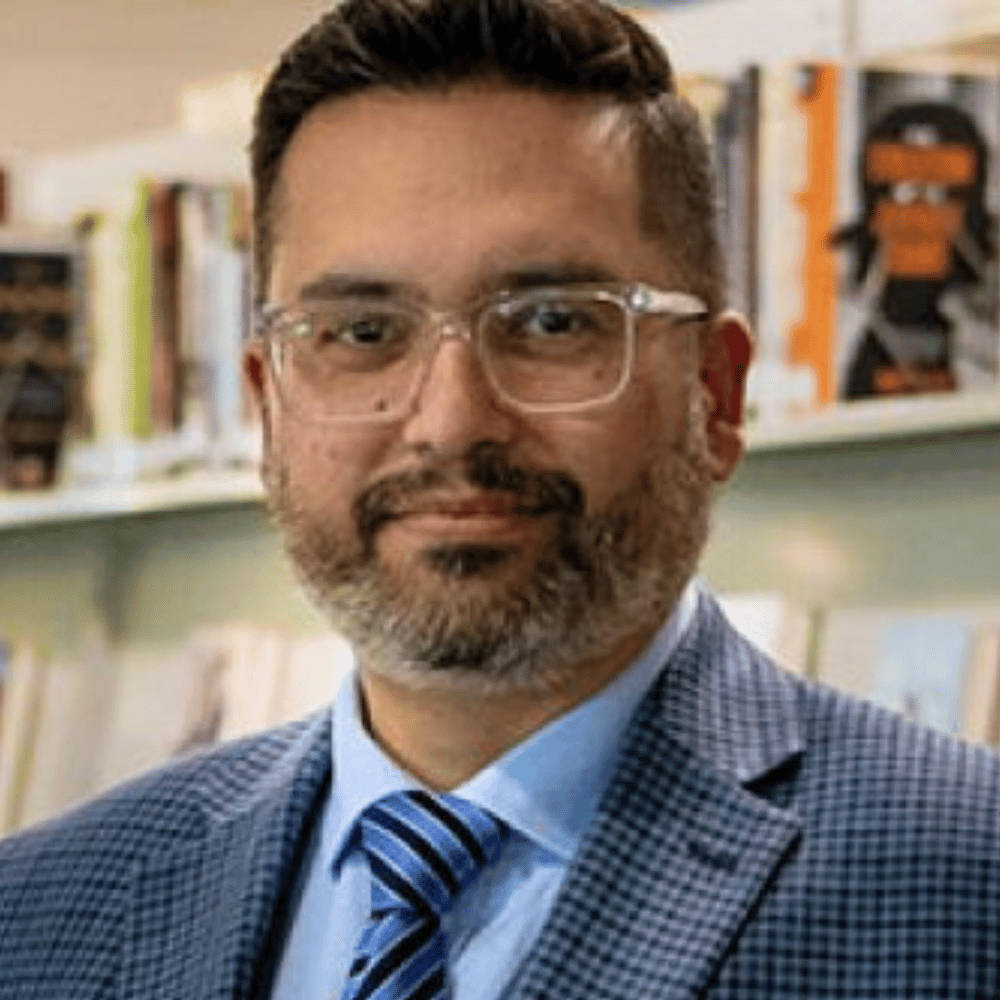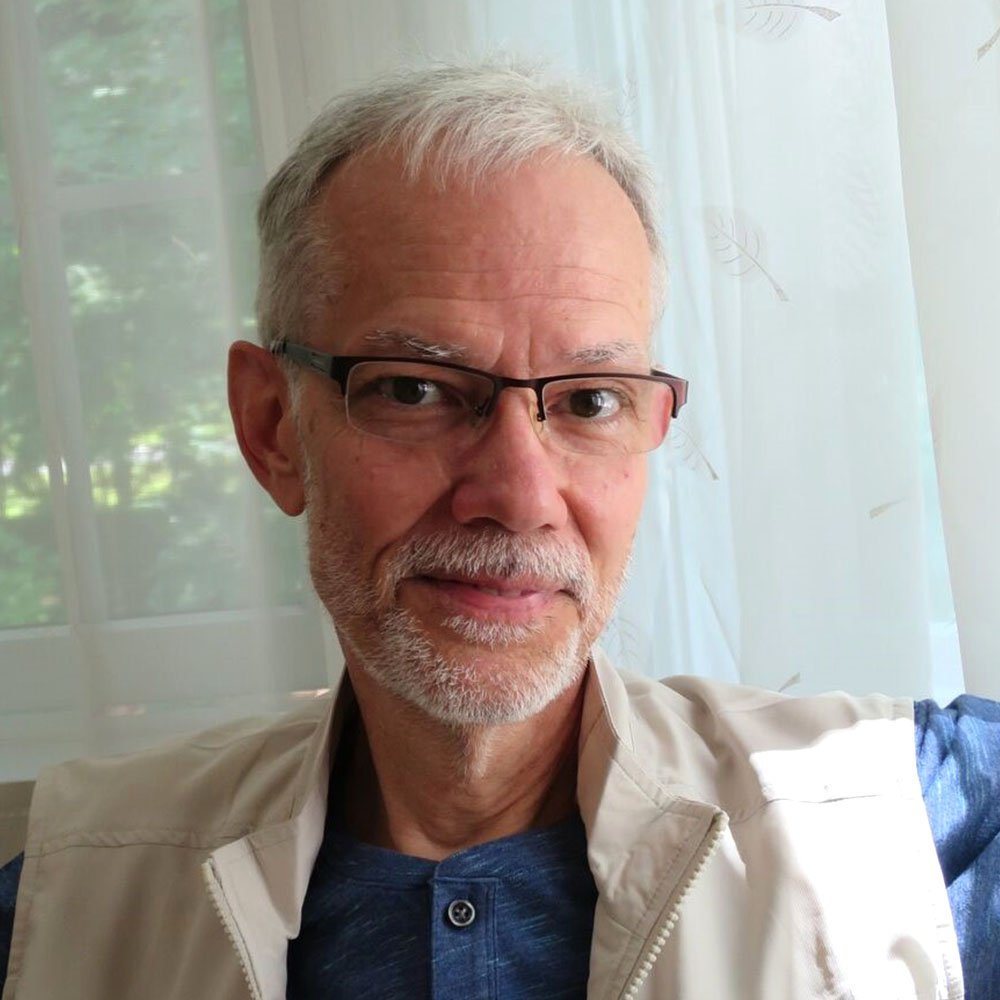
The Role of Empathy in Shaping the Lives of Justice-Involved Men
Already purchased an On Demand training?
Click here to access your Safer Society On-Demand Training Center account.
Empathy is a crucial component of the evolving masculine paradigm, which recognizes that men can be nurturing, caring, and in touch with their emotions without diminishing their masculinity.

Across society, too many men struggle with showing empathy and report having very few meaningful relationships in their lives. Particularly, men in the criminal justice system often find it difficult to connect with their emotions, perceiving it as a sign of weakness. Many of these individuals have faced significant adversity growing up. It is no surprise, then, that men struggle to experience and express empathy towards others. However, treatment programs often demand that these men be able to demonstrate empathic capacity, despite the obstacles they have faced in developing and expressing it.
This training examines empathy and the masculine paradigm, exploring its role in shaping the lives of men. The training examines how adverse childhood experiences often impede development and form the roots of dynamic risk factors. These risk factors, including insecure attachments and self-regulation problems themselves, create barriers to developing a lifestyle in which harming others is unnecessary and undesirable. This training goes on to highlight innovative strategies for engaging men in a truly meaningful way as they navigate the treatment process and learn to improve their capacity to demonstrate empathy.
While the field has improved in understanding the ever-changing nature of risk and treatment needs, much work remains in our ability to provide treatment that helps men become their best selves.
1) Understand the role of empathy in shaping the lives of men, with a focus on those in the criminal justice system.
2) Examine how adverse childhood experiences and hegemonic masculinity impact behavior and responsivity to treatment.
3) Describe the relationship between trauma sequelae and dynamic risk.
4) Practice reflective listening and summarizing techniques to model and teach skills for demonstrating and learning empathy.
Audience
This training is for professionals working with men who have problematic behaviors, particularly those involved in the criminal justice system. This includes social workers, psychologists, clinical counselors, and criminal justice system personnel.
Content Level
Who's Presenting

Alejandro Leguizamo
Alejandro Leguízamo has been active in the sex offending field for more than two decades as a researcher, clinician, and evaluator. He is a former Clinical Director of the Sex Offender Treatment Program at the Massachusetts Treatment Center, where he also provided treatment to Spanish-speaking inmates and civilly committed men. He is currently a Professor of Psychology at Roger Williams University in Rhode Island. In addition to his academic work, he conducts evaluations and specialized treatment for the Massachusetts Department of Youth Services. His current research focuses on cultural factors in sex offending and on predictors of psychological well-being in diverse community samples. He currently serves as the Education and Training member in ATSA’s Executive Board. Dr. Leguízamo regularly presents at regional and national conferences.

David Prescott, LICSW, ATSA-F
A mental health practitioner of 40 years, David Prescott is the Director of the Safer Society Continuing Education Center. He is the author and editor of 25 books in the areas of understanding and improving services to at-risk clients. He is best known for his work in the areas of understanding, assessing, and treating sexual violence and trauma. Mr. Prescott is the recipient of the 2014 Distinguished Contribution award from the Association for the Treatment and Prevention of Sexual Abuse (ATSA), the 2018 recipient of the National Adolescent Perpetration Network’s C. Henry Kempe Lifetime Achievement award, and the 2022 recipient of the Fay Honey Knopp Award from the New York State Alliance for the Prevention of Sexual Abuse and New York State ATSA. He also served as ATSA President in 2008-09. Mr. Prescott currently trains and lectures around the world. His published work has been translated into Japanese, Korean, German, French, Polish, and Southern Tutchone. He has served on the editorial boards of four scholarly journals.
